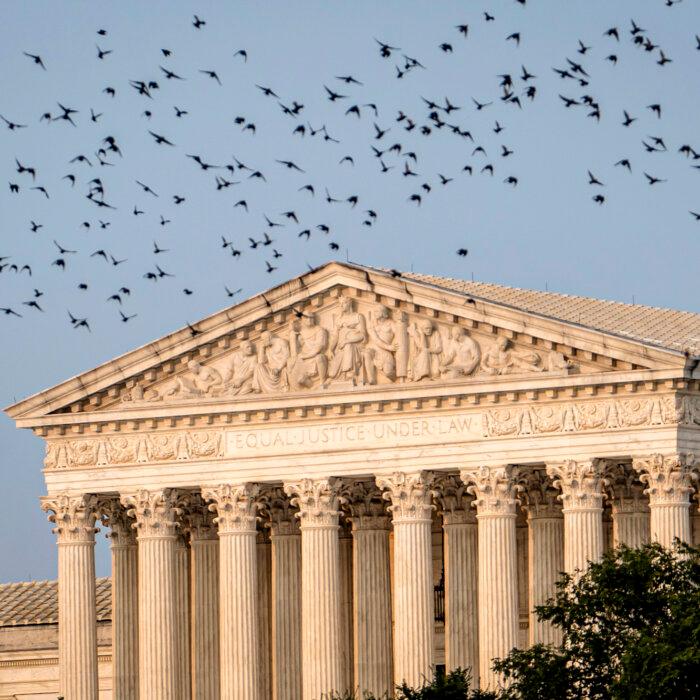A federal appeals court stated on June 20 that Louisiana violated the Constitution by requiring public school classrooms to display the Ten Commandments.
The law, known as House Bill 71, mandated that public schools in the state display a framed document or poster with the Ten Commandments in each classroom no later than Jan. 1. A group of parents filed a lawsuit, alleging a violation of the First Amendment.
A portion of the Fifth Circuit’s decision indicated that the display would infringe on parents’ right to direct the religious upbringing of their children.
Louisiana’s Legislature argued that the Ten Commandments are in accordance with the nation’s history. It stated that the law “reflected the understanding of the founders of our nation with respect to the necessity of civic morality to a functional self-government.”
While the Fifth Circuit acknowledged that the Ten Commandments contained “basic principles that are part of a civilized society,” it also stated that “they come from religious texts and include commandments that have clear religious import.”
“The Notice Provision violates the State’s own free speech rights,” they said in a filing in 2024.
“The district court has commanded Louisiana officials to extend the district court’s injunction by using Louisiana’s own voice to influence non-parties to the litigation.”
The American Civil Liberties Union (ACLU) praised the Fifth Circuit’s decision.
“With today’s ruling, the Fifth Circuit has held Louisiana accountable to a core constitutional promise: Public schools are not Sunday schools, and they must welcome all students, regardless of faith.”
According to the appeals court, a Ten Commandments display that meets Louisiana’s minimum requirements is “materially identical to the displays challenged in Stone.”
In a statement provided to The Epoch Times, Louisiana Attorney General Liz Murrill said she would challenge the ruling.
“We strongly disagree with the Fifth Circuit’s affirmance of an injunction preventing five Louisiana parishes from implementing HB71,” Murrill said. “We will immediately seek relief from the full Fifth Circuit and, if necessary, the U.S. Supreme Court.”







